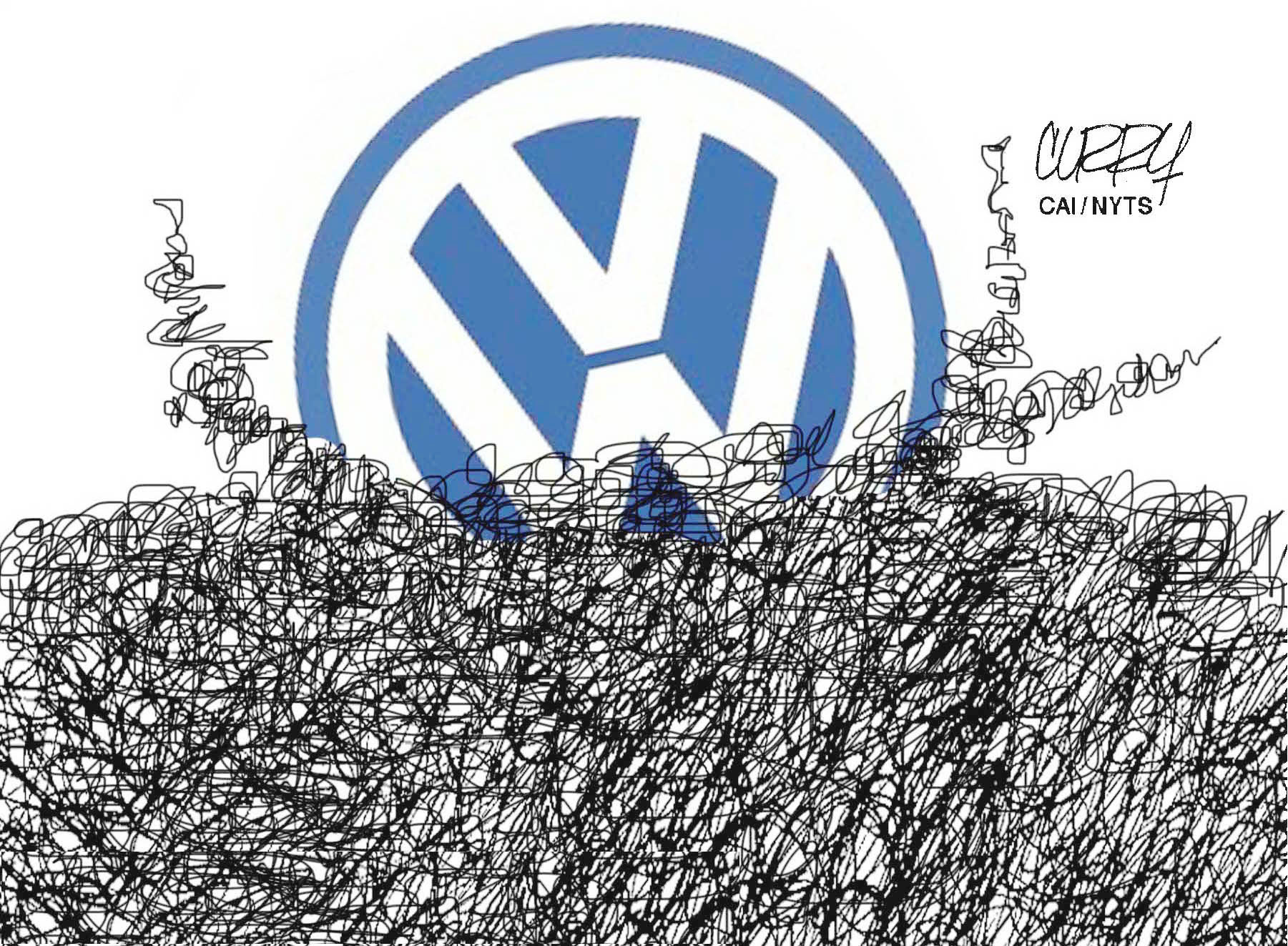The Volkswagen scandal is an embarrassment of riches. Seen in isolation, it's staggering enough — that a huge and well-respected company with a valuable reputation to protect should cheat its customers on this scale, be found out, see its value shed $22 billion, and face enormous fines and damages. But there are several scandals here, and the remarkable malfeasance of VW's managers is only one of them.
The full dimensions of a second scandal aren't yet clear — how far German and other European regulators were incompetent, or actually complicit, in allowing this to happen; and, related, whether other companies have been doing what VW was doing. Much more remains to be learned about this.
What did Europe's regulators know and when did they know it? Attention has centered on VW's use of a "defeat device," as though that's the crime. In fact, regulators know that engine management systems need to be switched to a different mode when cars are being tested: That's necessary to get accurate results. (Anti-skid systems, among others, must be disabled when the testing equipment has the drive wheels turning and the others stationary.) The issue is not the deployment of defeat devices, but the settings they switch to when activated.



















With your current subscription plan you can comment on stories. However, before writing your first comment, please create a display name in the Profile section of your subscriber account page.